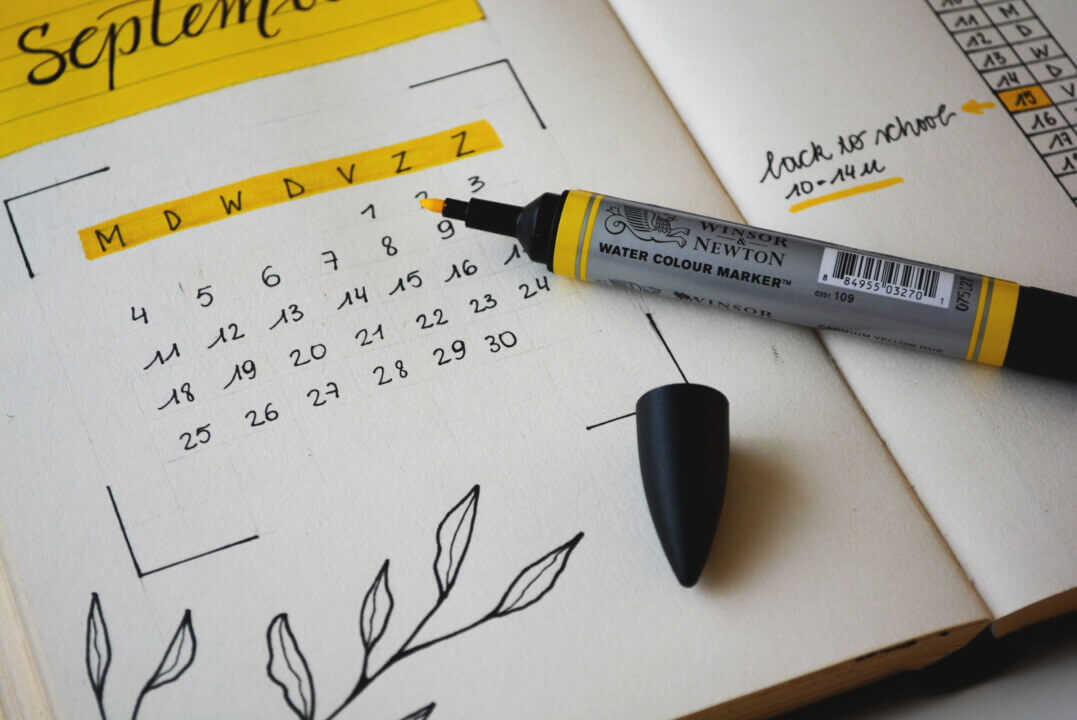Hey there, fellow students! Let’s talk about a common struggle we all face: procrastination. As a former chronic procrastinator, I know the frustration of putting off studying until the last minute, only to regret it later.
But fear not! In this guide, I’m excited to share the time management tips that completely transformed my study habits. These practical techniques have helped me break free from the procrastination cycle and make the most of my study time.
From simple strategies to prioritize tasks effectively to tools that kept me focused and productive, these tips are the result of my own trial and error. They’re not just generic advice; they’re the real-life solutions that have made a significant impact on my academic performance.
With this personal road-map, you’ll learn how to bid farewell to the guilt and stress of procrastination and embrace a more balanced and organized approach to studying.
So, if you’re ready to take control of your time and supercharge your productivity, join me on this exciting journey of conquering procrastination and excelling in your studies. Let’s dive in and make the most of our study sessions!
Understanding Procrastination and Its Impact on Studies
Procrastination is the act of delaying tasks that need to be completed, often choosing immediate gratification over long-term goals. When it comes to studying, procrastination can lead to last-minute cramming, increased stress levels, and ultimately, poorer academic performance. Recognizing the reasons behind your procrastination is the first step in conquering this habit.
Analyze Your Time and Set Realistic Goals
To manage your time effectively, start by analyzing how you spend your day. Identify time-wasting activities and replace them with productive tasks. Create a daily schedule that includes specific time blocks for studying, breaks, and other commitments. Setting realistic study goals will also help you stay focused and motivated.
Prioritize Your Tasks Using the Eisenhower Matrix
The Eisenhower Matrix, also known as the Urgent-Important Matrix, is a powerful tool to prioritize tasks. Divide your study tasks into four categories: Urgent and Important, Important but Not Urgent, Urgent but Not Important, and Neither Urgent nor Important. Focus on tasks in the Urgent and Important quadrant first to avoid unnecessary stress.
Break Down Your Study Material
Facing a large amount of study material can be overwhelming, leading to procrastination. Instead of trying to tackle it all at once, break it down into smaller, manageable chunks. Create a study plan with specific topics for each session, making your study routine more approachable and achievable.
Use Time Blocking Techniques
Time blocking is a popular time management technique that involves dedicating specific blocks of time to particular tasks. During these blocks, eliminate distractions and fully commit to studying. This approach helps maintain focus and ensures that you make steady progress in your studies.
Implement the Pomodoro Technique
The Pomodoro Technique is another effective method to enhance productivity and overcome procrastination. It involves breaking your study time into intervals, usually 25 minutes, followed by a short break. After completing several intervals, take a more extended break. This technique capitalizes on your brain’s ability to concentrate better during short bursts of focused work.
Hitting Roadblocks? Seek Help and Stay Accountable
If you encounter difficulties while studying, don’t hesitate to seek help. Reach out to classmates, teachers, or online resources to clarify your doubts. Additionally, having a study buddy or an accountability partner can provide support and encouragement, keeping you on track with your study schedule.
Create a Productive Study Environment
Your study environment plays a crucial role in your ability to concentrate and stay motivated. Find a quiet and comfortable space with minimal distractions. Keep all necessary study materials within reach to avoid interruptions during study sessions.
Reward Yourself for Accomplishments
Incorporate rewards into your study routine to boost motivation. After completing a study session or achieving a study goal, treat yourself to something you enjoy. This positive reinforcement can help reinforce good study habits and reduce procrastination tendencies.
Embrace a Growth Mindset
Adopting a growth mindset can significantly impact your approach to studying. Embrace the belief that intelligence and abilities can be developed through dedication and hard work. This mindset encourages you to see challenges as opportunities to learn and grow, motivating you to overcome procrastination and strive for academic excellence.
Conclusion
Conquering procrastination and managing your time effectively are invaluable skills that can enhance your academic performance and overall well-being. By understanding the root causes of procrastination and implementing practical strategies like time blocking, the Pomodoro Technique, and creating a productive study environment, you can stop procrastinating and start studying more efficiently.




